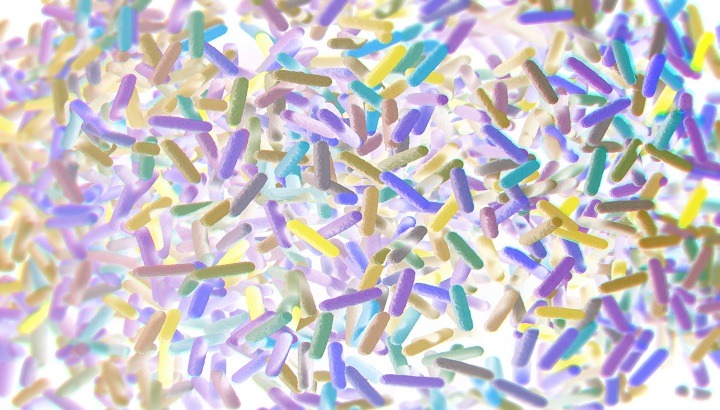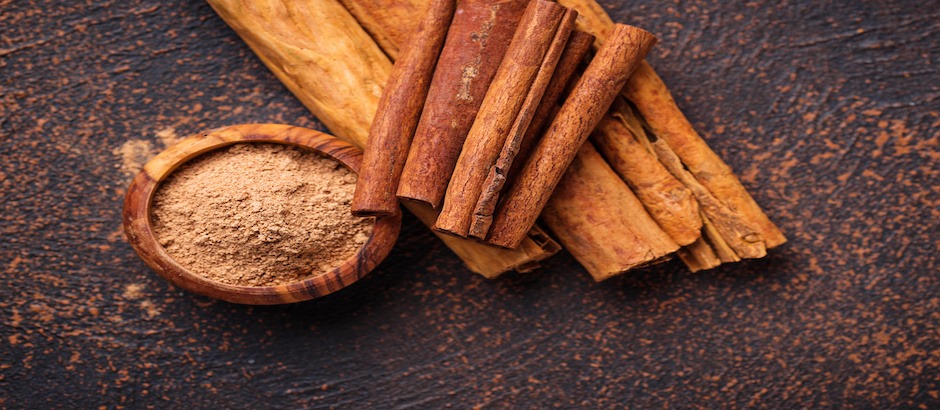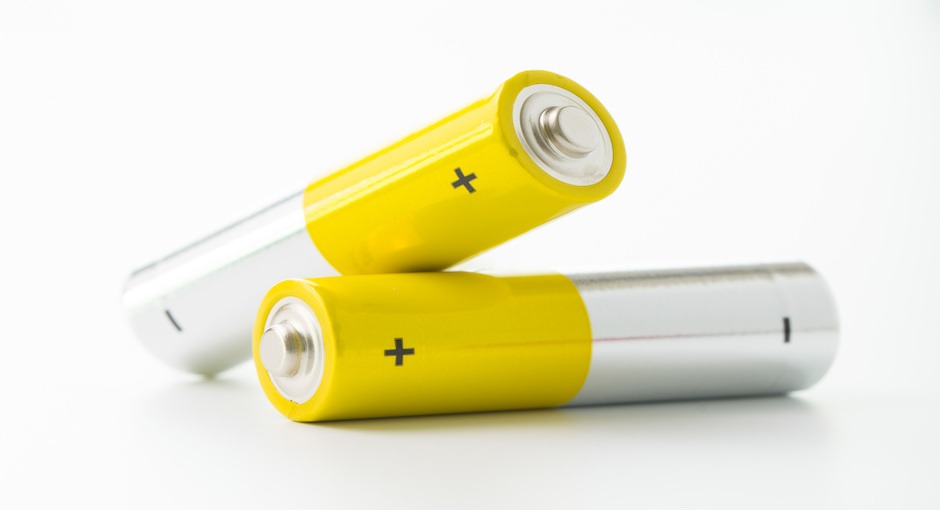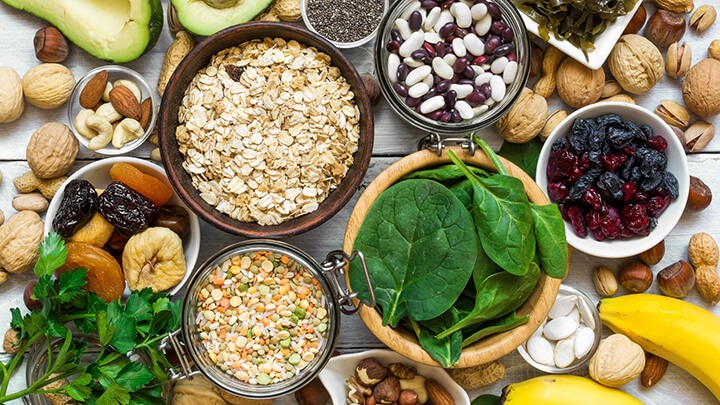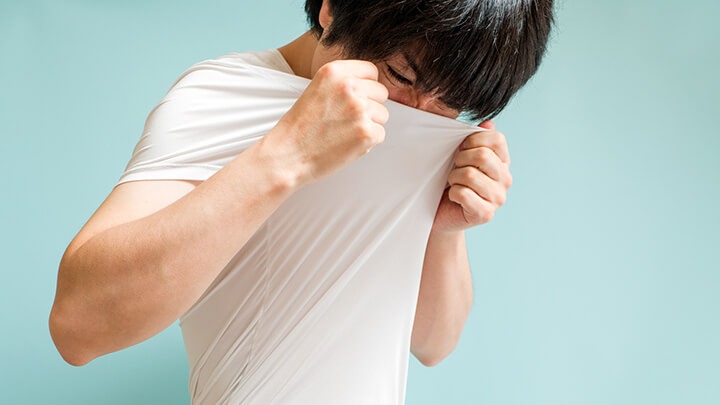Compared to the environment of our ancient ancestors, the world we live in today is squeaky clean when it comes to germs. We have soap, most of us have regular hygiene practices, we use disinfectants, and take antibiotics for infections. All of this adds up to remarkable progress in terms of public health; and we should all be grateful that many dangerous illnesses of the past are virtually unheard of today.
On the flip side, public health authorities across the world are concerned about the increasing rates of allergies, autoimmune disorders, and other serious inflammatory conditions. Could our germ-free environment have something to do with this?
This idea is the fundamental premise of the “hygiene hypothesis,” which is a theory that suggests that microbial exposure is actually necessary to train and maintain the immune system. The idea is that a germ-free world may decrease infections, but it may also increase the risk of a whole variety of other immunological diseases.
In other words, being too clean means that our immune systems don’t get enough exercise. Humans have always been exposed to microorganisms, the vast majority of which are not dangerous or harmful. Our relationships with microorganisms are an important part of human evolutionary history; and there is an explosion of new research that proves just how important those relationships are to our health.
All of those antibacterial soaps, wipes, and disinfectants have changed those relationships by killing our old microbial allies… and this appears to be involved in the increased risk of allergies and autoimmune diseases.
The hygiene hypothesis is a good, but not perfect theory. In recent years, it has been expanded upon, namely by Professor Graham Rook of University College London. Rook’s expanded theory is known as the “Old Friend Mechanism,” which focuses more specifically on the co-evolution that humans have had with microorganisms, inside and outside of our bodies. On his theory, Rook explains:
“We co-evolved with various microbiota (gut, lung, skin, etc), and also with helminths (some in the gut, but many, such as blood nematodes, that never enter the gut) and ectoparasites. As hunter-gatherers we also had and inputs of microbiota from mud, soil, water, air and animals. This exposure to massive biodiversity, and to organisms that had to be tolerated, (and therefore evolved roles in the induction of immunoregulation) has been lost following urbanisation. But it is major changes in lifestyle rather than hygiene that have removed these organisms from our environments.”
So, instead of just focusing on cleanliness, Rook points to the lifestyle and dietary changes that humans have made over time, the changes that have removed these microorganisms from contact with us. These changes have decreased the populations of these “old friends” that are supposed to accompany us throughout our lives. On the detrimental effects of not having these friends around, Rook states:
“The range of chronic inflammatory disorders that is affected is potentially larger than usually assumed [allergies, autoimmunity, inflammatory bowel disease, but also vascular disease, some cancers, depression/anxiety (when accompanied by raised inflammatory cytokines), and perhaps neurodegenerative disorders and type 2 diabetes].”
That, as you can see, is a significant number of serious conditions that millions of people deal with today. I see them in my office every day. Luckily, there are things we can do in our everyday lives to help re-populate our old friends — to bring them back into our lives.
– Minimize your use of antibacterial products — plain old soap and water work just fine in most situations. Many cleaning jobs can be accomplished with water, vinegar, and baking soda.
– Eat whole foods (fruits, vegetables, nuts, legumes, and healthy fats and proteins). Skip the processed stuff.
– Be sure to include fermented foods in your meals. Fermented foods such as sauerkraut, natural yogurt, kimchi, kefir, and kombucha are made using friendly microorganisms, and are fantastic for introducing healthy old friends into the GI tract.
– Only use antibiotics when absolutely necessary. They are used to kill the unfriendly germs, but they also will wipe out your old friends. So, if you have a history of antibiotic use, consider using a high quality probiotic supplement to make sure you’re taking good care of your old friends.
– Dr. Joshua Levitt


